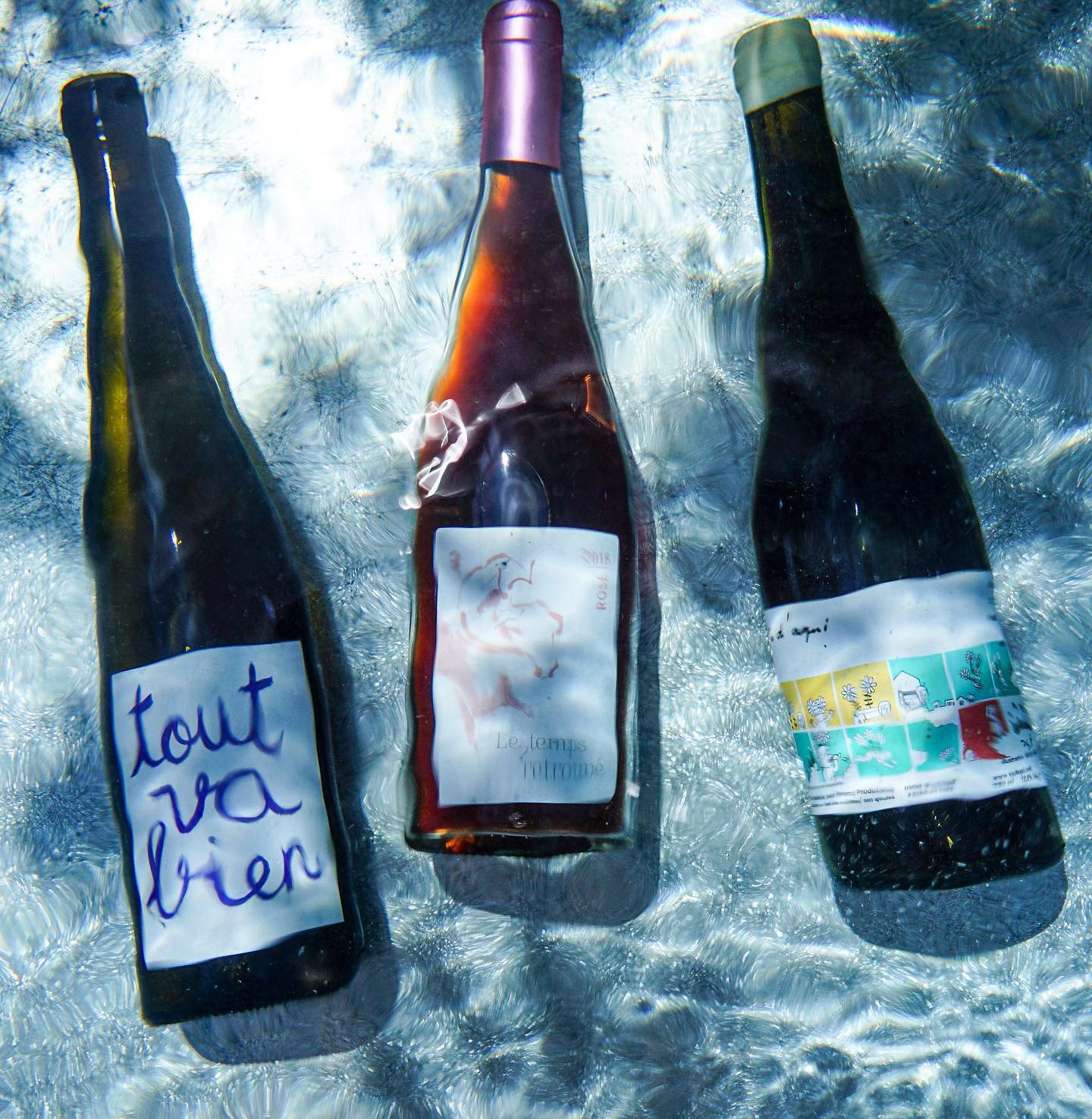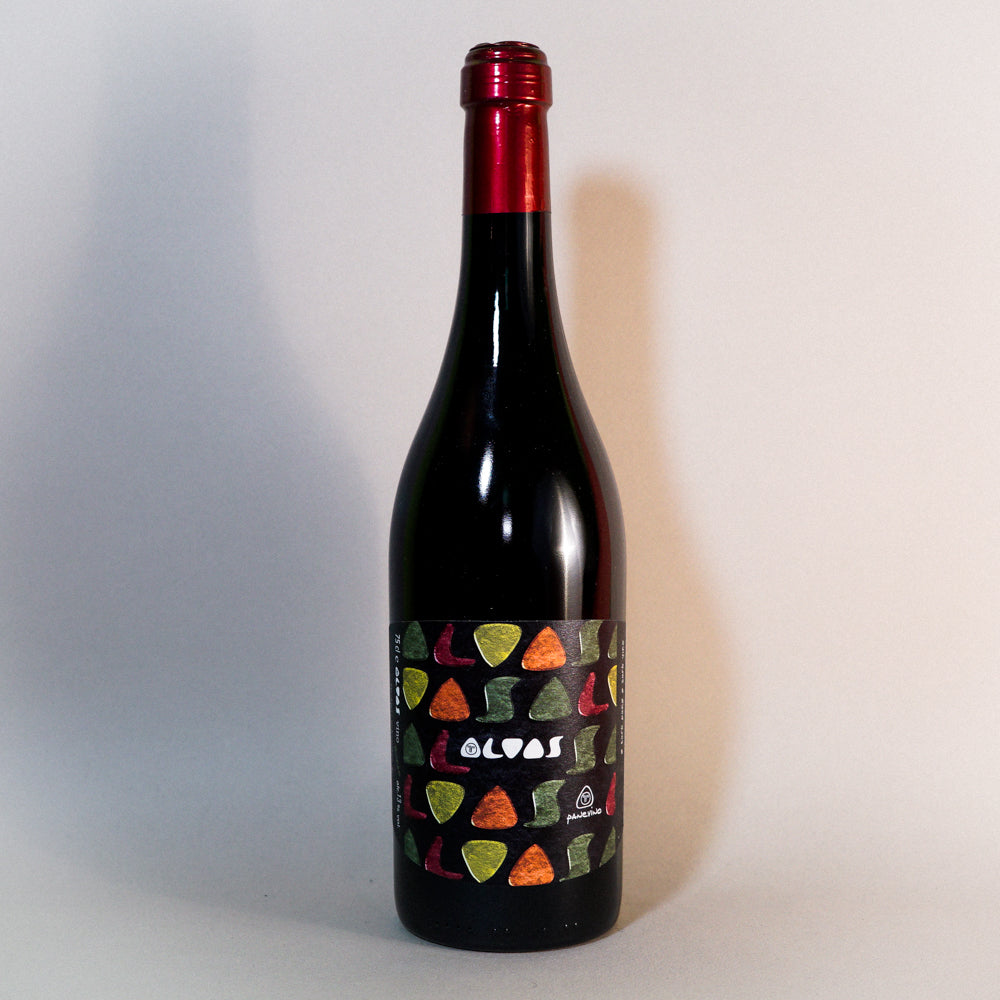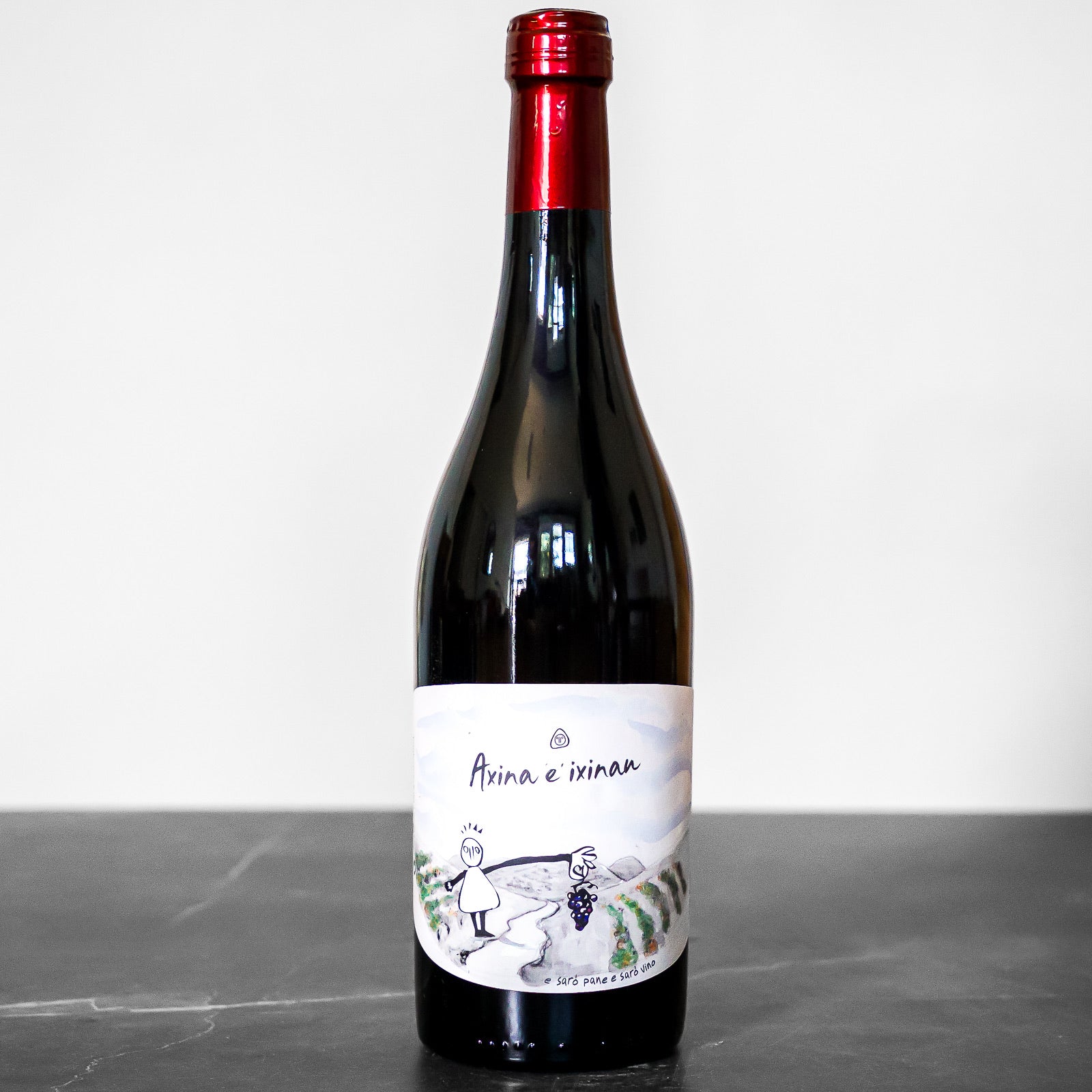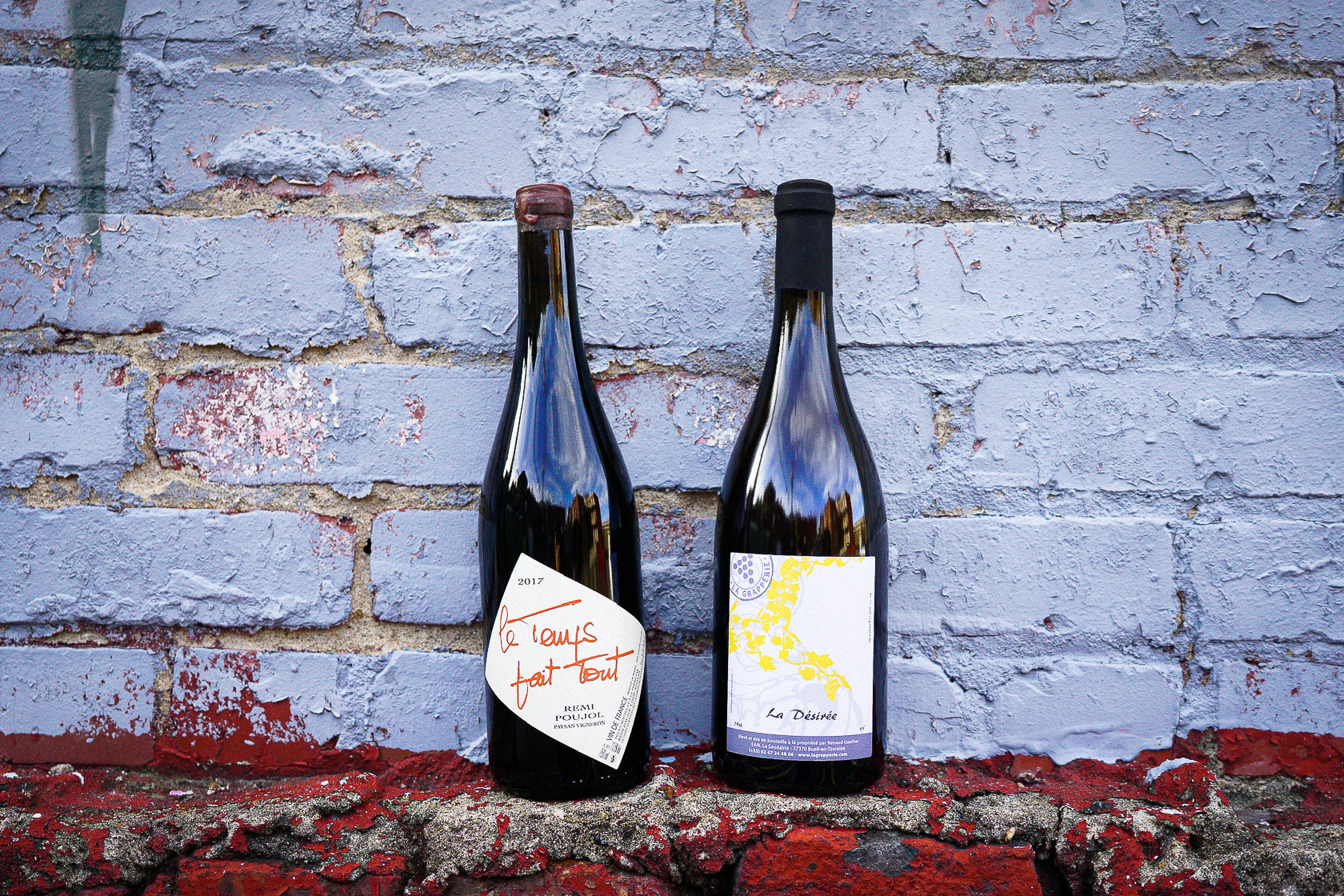A gobsmacking, game-changing, gorgeous solera-aged white wine from Jason Ligas. A Blanc de Noir of Xinomavro, the wine comes from the hills of Pella, in Greek Macedonia, from 40-60 year old vines whose roots lie on calcareous, mineral and clay soils. The nose? Candied orange, earth, peaches in syrup, mineral nuances, wild red berries. The seduction? Better than Bond.
Since ancient times, the region of Pella situated in northern Greece was associated with winemaking and described as ”the mother of wine, where vines abound”. The god of wine, wreathed in vine leaves in these extraordinary mosaics, seems to have found fertile, hallowed ground here in Pella. The region has always been host to great vineyards with a long tradition. It was here that the tragic poet Euripides wrote and staged his last play, Bacchae.
The Church of the Virgin Mary, the Panaghia at Yannitsa was built in 1861 using wine to mix the mortar, as the othoman governor had forbidden the use of water for building the church. It was to this region that the French army, camped by the Galikos River in the early 20th century, came in search of quality wine. Grape diseases (phylloxera) and other factors, such as the drainage of the nearby lake, unfortunately, made farmers turn to other crops. Yet, the know-how and love inspired by vineyards in this land for thousands of years were far from forgotten.
Having studied oenology in France, Thomas Ligas began, in 1985, to study the local ecosystems, exploring viticulture and vinification, and seeking to accentuate the distinctive qualities of this terroir.
“The gentle slopes of Pella enjoy bountiful sun and air. Our vines draw strength from the loamy sand, limey and well-drained soil, which we keep fluffy and rested, preserving the natural turf. Producing nourishing natural ingredients, the vibrant microcosm that grows in harmonious equilibrium in the soil requires the vine for a balanced development.
This natural approach to viticulture, which goes beyond organic farming, preserves the typical original characteristics of the grape intact as determined by the vineyard.
Our intervention goes hand in hand with natural growth, without imposition, and aims to safeguard the health and maturity of the grapes, seeking an ideal balance between quality and quantity. Preventive intervention, always in accordance with the principles of organic viticulture, minimizes the need for remedial treatment
The grape varieties that we grow to produce our wines are Roditis, Assyrtiko, Kydonitsa for white, and Xinomavro, Limniona or red. All picking is done by hand from mid-August to late September.
- Zev Rovine Selections










